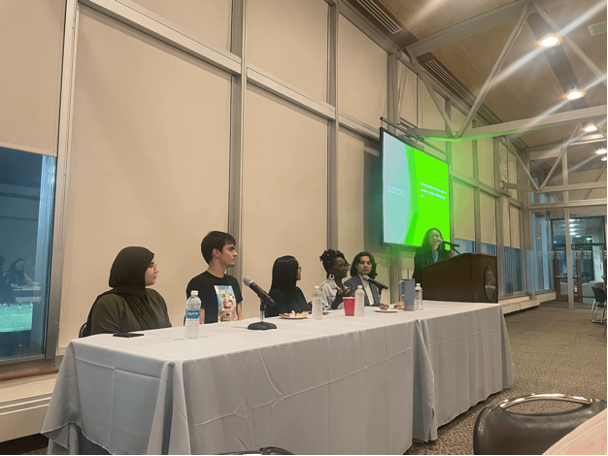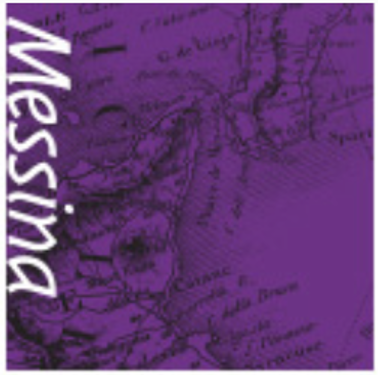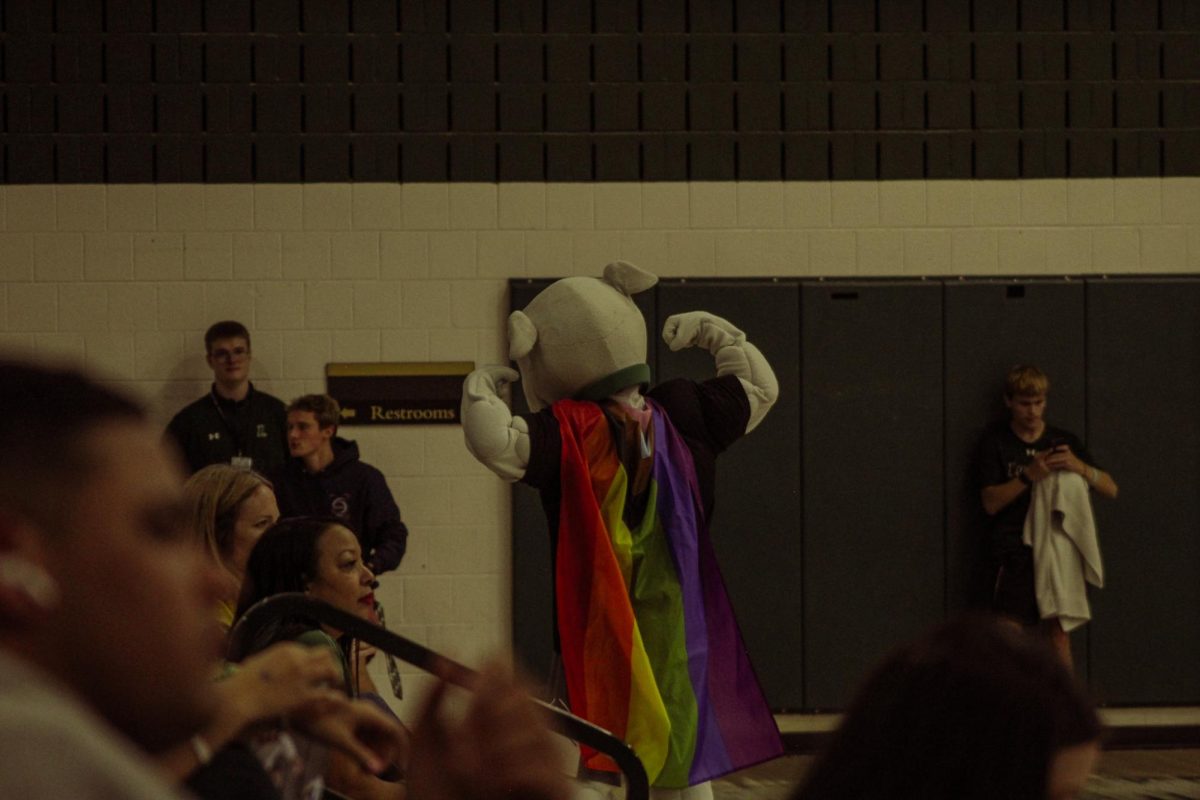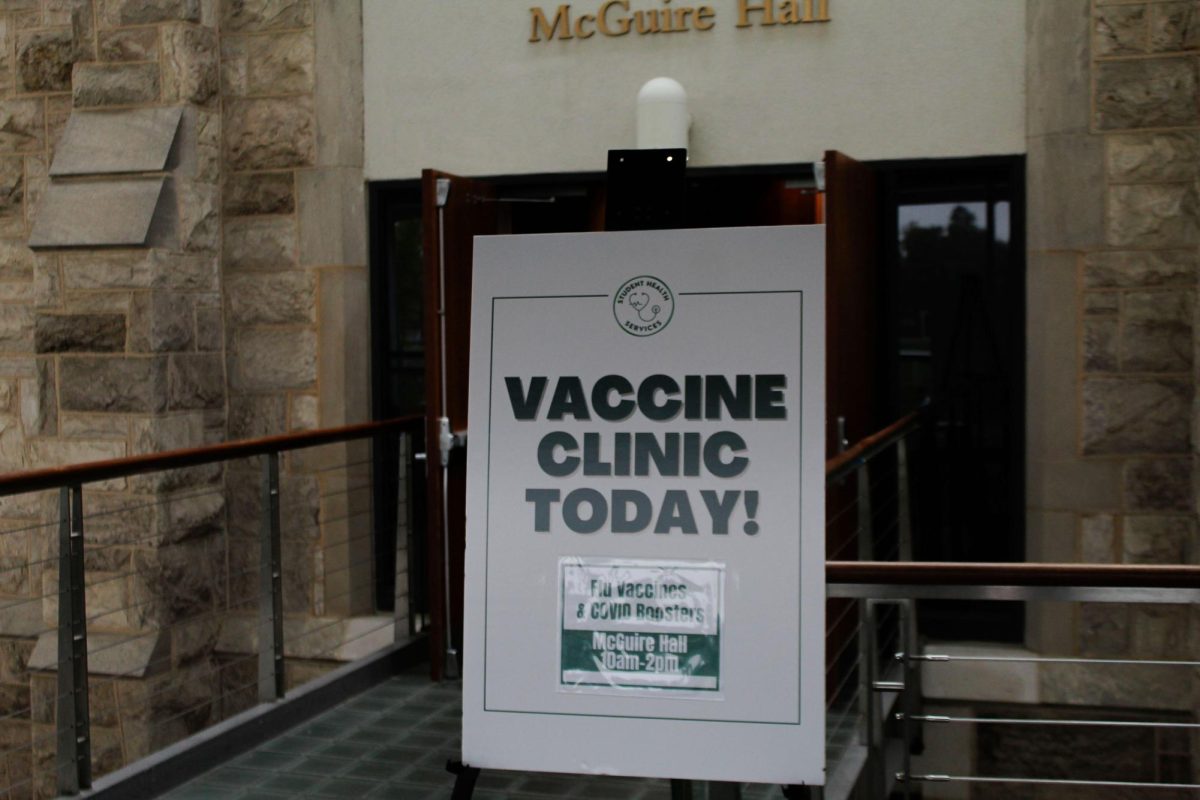Hundreds of years following the Enlightenment, one would imagine that astrology would only be found in history books, not in newspapers at a university. Astrology has been categorically invalidated, rendering the printing of astrological columns in newspapers ludicrous. One would imagine that we would not entertain the presence of such absurdities here. Alas, the horoscope section remains in The Greyhound.
The notion that the positions of celestial bodies at one’s birth can influence his or her character and fate is at the core of the astrological perspective. It is also incorrect. Astrologers claim that by mapping the positions of stars and planets on the date of an individual’s birth will allow them to draw conclusions about the character of that child, and of his or her future. Yet, upon examination it seems rather silly that any star or planet could have this effect. However as vast as the entity may be, the distance between a newborn child and said object renders any gravitational influence virtually null. As Carl Sagan, astrophysicist and astronomer noted, it would make more sense to calculate the influence of the gravitational pull of the obstetrician than that of Mars.
Many studies and analyses of astrological claims have further demonstrated the astrological hypothesis to be illegitimate and ineffective as a means of understanding an individual or what the future may hold. Geoffrey Dean and Ivan Kelly performed extensive research on the topic. As found in the abstract of their most notable study, “Is Astrology Relevant to Consciousness and Psi?,” Dean and Kelly concluded that “Meta-analysis of more than 40 controlled studies suggests that astrologers are unable to perform significantly better than chance even on the more basic tasks such as predicting extraversion. More specifically, astrologers who claim to use psychic ability perform no better than those who do not.” Yet, to observe the flaws in astrology one need not look so far as a peer-reviewed journal, one need only to fetch a newspaper or hop on the web.
I happen to be a Gemini. According to Huffington Post, today as I write this on October 3, Gemini such as myself should be aware that “It’s understandable if you can’t resist every temptation.” Whereas Horoscope.com advises that house repairs should be left to professionals, and that I should avoid repairing plumbing and things of that nature myself. Astrology.com seeks to remind me that I may struggle to make myself understood, and that I ought to “play my cards close to my chest.” Interesting, though purposefully vague with the first account, false with the second and not relatable on the third. Perhaps I am being stubborn and am biased. Surely many reading can attest to times when horoscopes were spot on, and would protest my criticisms.
With this in mind, it can be clearly seen that astrology is pseudoscience. Its time came and went hundreds of years ago. Why then does it persist in newspapers, magazines and on the Internet today? The response of many is that horoscopes and astrological signs remain simply as a means to entertain. They are “harmless and fun.” Who doesn’t enjoy seeing what has to be said about one’s future when casually leafing through a newspaper? Yet, to simply be present in the newspaper is to have a place of privilege in lieu of the multitude of potential items that might otherwise have occupied the space that the horoscope section currently lays claim to. Entertainment is insufficient justification for fallacy. To think that something which is demonstrably false persists despite the fact that, conceivably it could be replaced by legitimate information, or something of utility, anything, is unacceptable. Surely we can do better than to enshrine nonsense in The Greyhound. Are we so apathetic and exhausted of imagination that we cannot replace the horoscope section? Perhaps it could be a small section dedicated to providing readers with fun facts about any number of topics, or, dare I dream, a section dedicated to correcting common misconceptions.
The astrological perspective is delusional, which to say, it is a false belief and conviction maintained despite evidence to the contrary. It has no place in such a publication as The Greyhound when it could be so simply replaced by any number of superior items. While astronomy is a legitimate scientific endeavor founded upon centuries of empirical observation and revision, with theories that provide insight into both the past and future, astrology, in its current manifestation, is little more than a waste of ink.







































































































